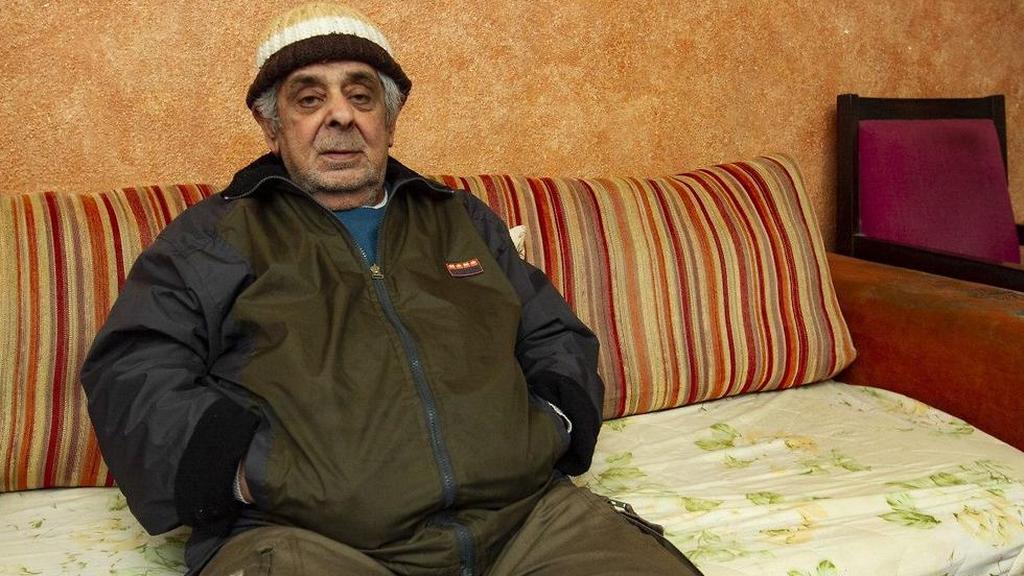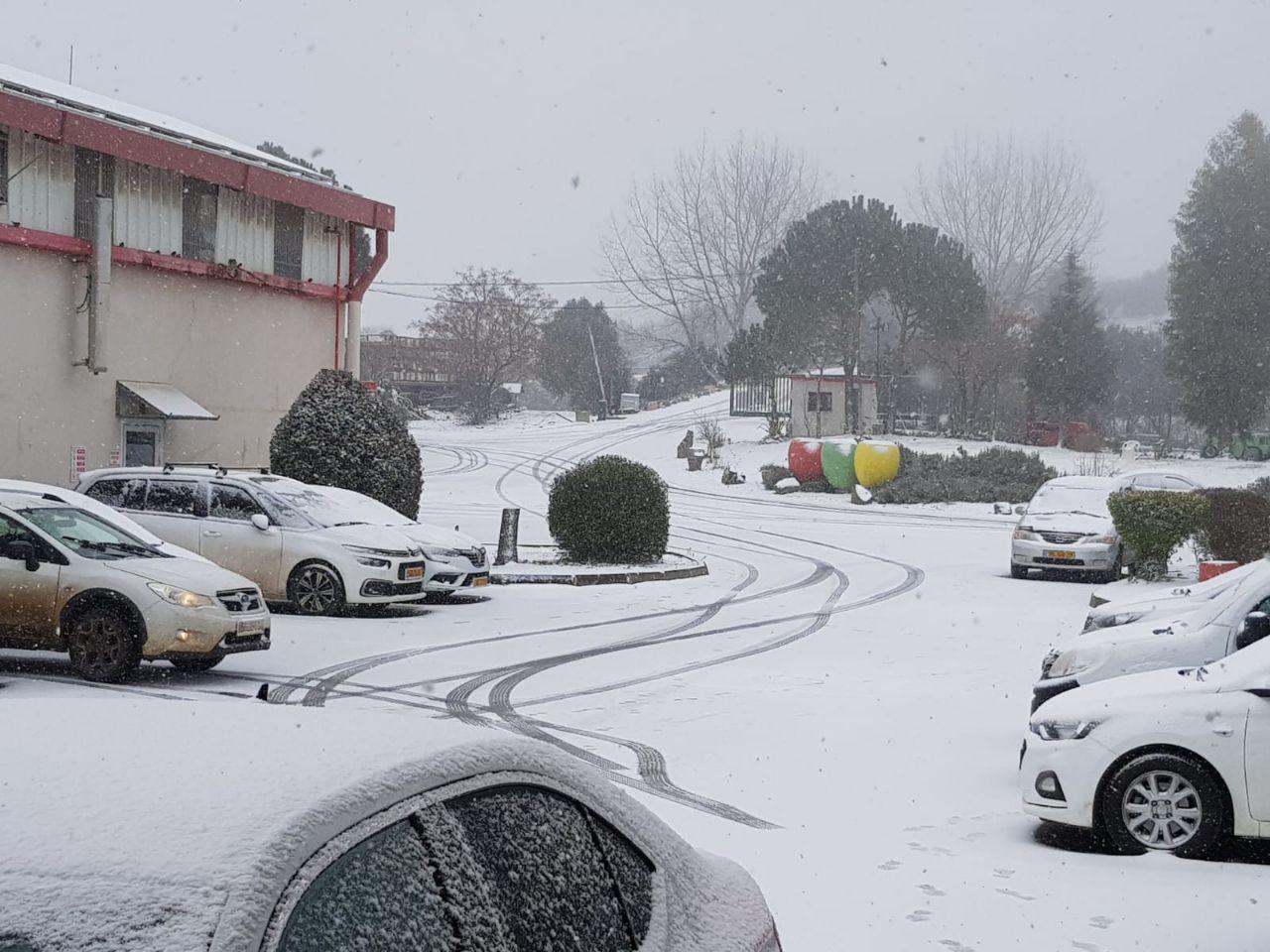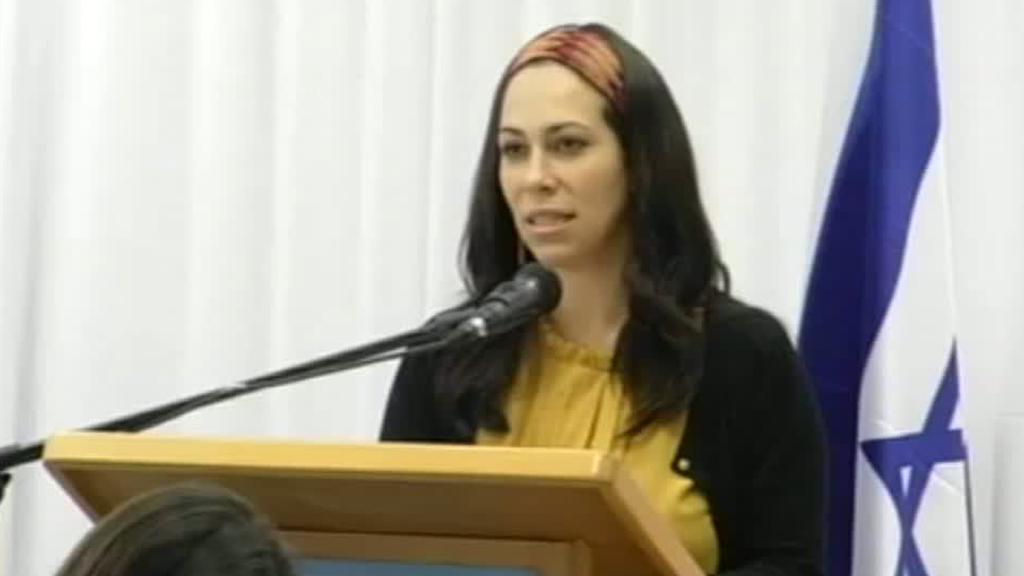Getting your Trinity Audio player ready...
Israel is currently in the grip of a cold front from Russia, with temperatures dropping below zero in the Galilee and the Golan, where light snow has already fallen, and in Jerusalem, where schools opened late due to icy conditions.
The freezing weather is a serious problem for sectors of the population who cannot afford to heat their homes when temperatures plunge.
The most sensitive sector is the elderly, whose income is often insufficient to cover even their most basic needs, and are forced to choose between heating their homes and buying food, medicines and other staples.
Eighty-six-year-old widower Yosef Mishali, who lives alone in public housing in Upper Nazareth, is one of the many senior citizens who cannot afford to use heating, even in such cold weather.
He has no private pension from his former job so his monthly income amounts to just NIS 3,600 (approx. $1,000) ion state benefits.
After failing to pay his electricity bill several times, Yosef is reluctant to turn on his radiator even on days when the temperature falls below zero.
"Several times that I had my electricity shut off and could not use the heating at all," he says.
"When that happens, I go to bed wearing all my clothes, so I don't get cold at night, because I only have one blanket and I don't have a duvet. On occasions like that, I stay awake almost all night.
"Each time [I get cut off], it takes a while to get my electricity back; I have to borrow money from friends, because I don't have a family, or the welfare office pays the bill for me.
"Even then, you have to go to the post office and then wait at least 24 hours for the electricity to return. In the meantime I'm cold and I don't even have how to turn on a TV to relieve the loneliness. So even though I have a radiator and it warms a little, I don't always turn it on properly.
"I also can't pay my water and municipality bills. Every visit to the doctor costs money, and I can't even buy special medicines, like vitamins, that I need."
Mazal, aged 71, has been living in the same apartment in the north for more than 40 years, but cannot afford to renovate it.
"Even when it's not raining, the temperature in my house is very low," she says.
"I dress in the house like I'm outside and wrap myself in blankets, but it doesn't really help. Thirteen degrees Celsius in the house is very cold.
"When it rains, things get even worse because of the damp. I keep coughing and I go to the doctor, but they say it's because my apartment is so cold. I don't have enough money to spend on the drugs and vitamins they tell me to take, so I just know that every winter, I'm sick."
"Electricity is really expensive," she says. "I'm saving all the time, trying to do as little laundry as possible, for example. I don't have air conditioning in the house, because I don't have the money, but even if I had it, I wouldn't turn it on. I'm cold all the time and I cough, but I have no choice."
A survey conducted by the International Fellowship of Christians and Jews of the households of 168 Israelis over the age of 80s found reveals that 52% of senior citizens in need avoid turning on heating in winter because it is too expensive.
In the homes of about half of the elderly in need, the temperature is below 20 degrees Celsius, well under the recommendation of the Health Ministry. Furthermore, some 20% of the elderly in need have no heating at all and 10% do not have warm clothing.
Every year, the Fellowship launches a heating project for the elderly in need in Israel. As part of the project, the foundation gives 8,300 senior citizens in need a grant of NIS 300 and a blanket, while the elderly who lack any heating also receive radiators.
The aid – totaling some NIS 2 million - is distributed through the state's welfare offices to the elderly who live in poverty-stricken areas.
The president of the Fellowship, Yael Eckstein, says: "In the winter, the plight of the elderly is exacerbated and even becomes extremely dangerous, with many having to face the inhuman choice between heating their home and buying food or medicine.
"While we welcome the rain and enjoy sitting in our warm homes when it's cold and windy outside, we must not forget the plight of the elderly who have not reached out, and it's important to us that they know they're not alone," she says.
"In cooperation with the social welfare bureaus and thanks to generous donors and volunteers, we seek to reach the seniors in most need and ensure they spend the winter in peace."
To donate to the elderly in need, click here




